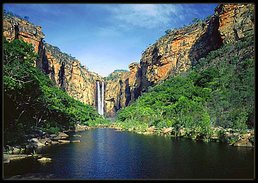I’m a boring old codger and have never been a great fan of hip hop. But I absolutely love this film clip, the song and the amazing project. This had me skipping around the house and I’m now a Hip Hop fan.
Please share this with all your friends. And ask them to do the same. It deserves to go viral and it would do great things for the Indigenous Hip Hop Project project and, ultimately, Aboriginal people!
‘Indigenous Hip Hop Projects was proud to partner with Wurli – Wurlinjang Health Service and Rockhole community to make this deadly health promotional music video.’
Fantastic stuff! Keep up the great work, IHHP. And well done Rockhole community. You are stars!!








